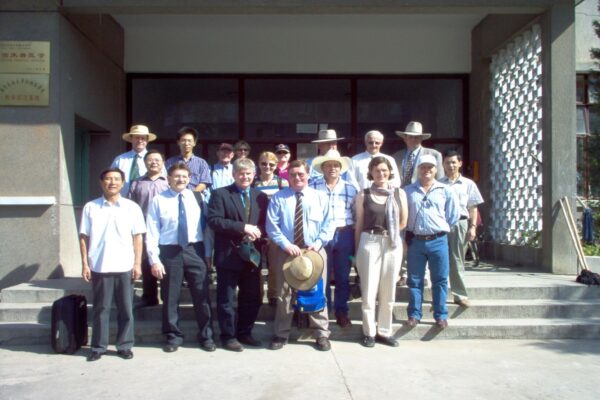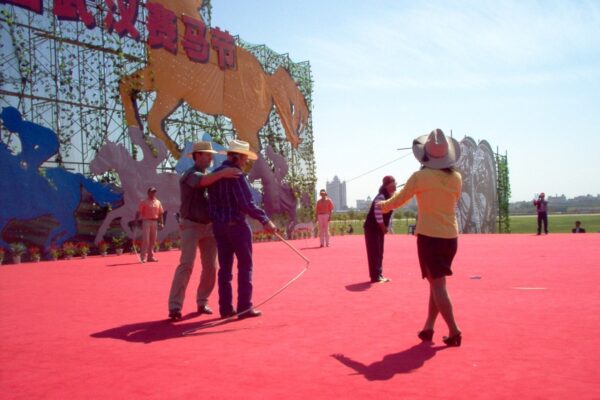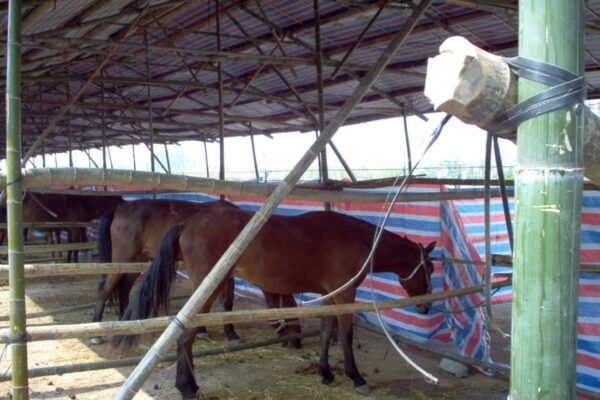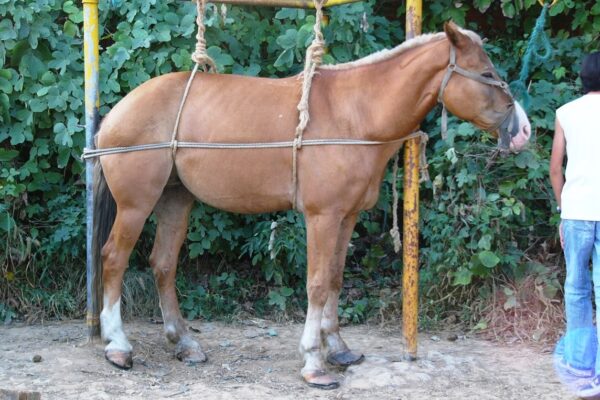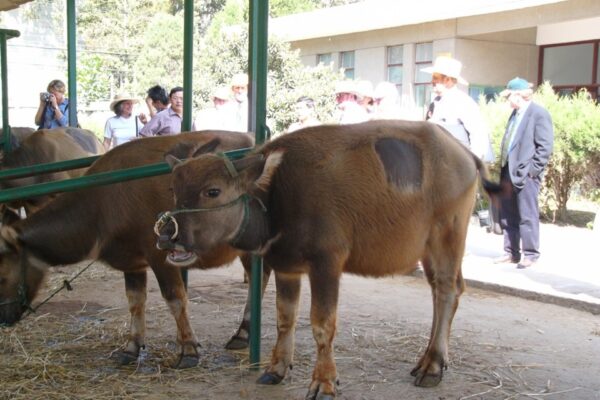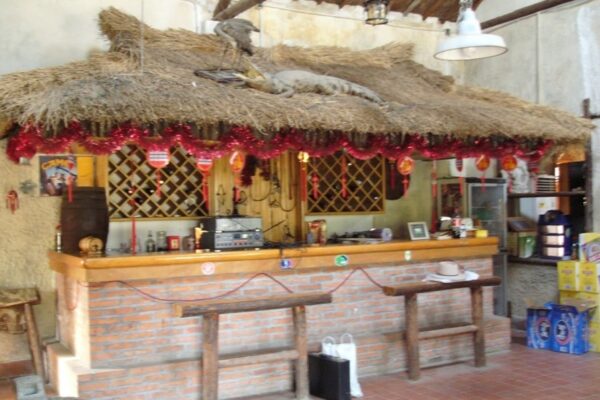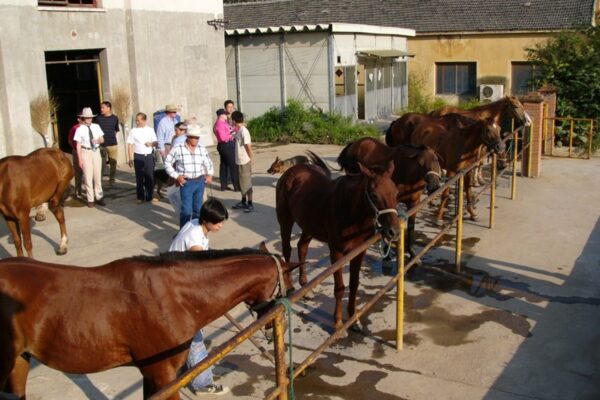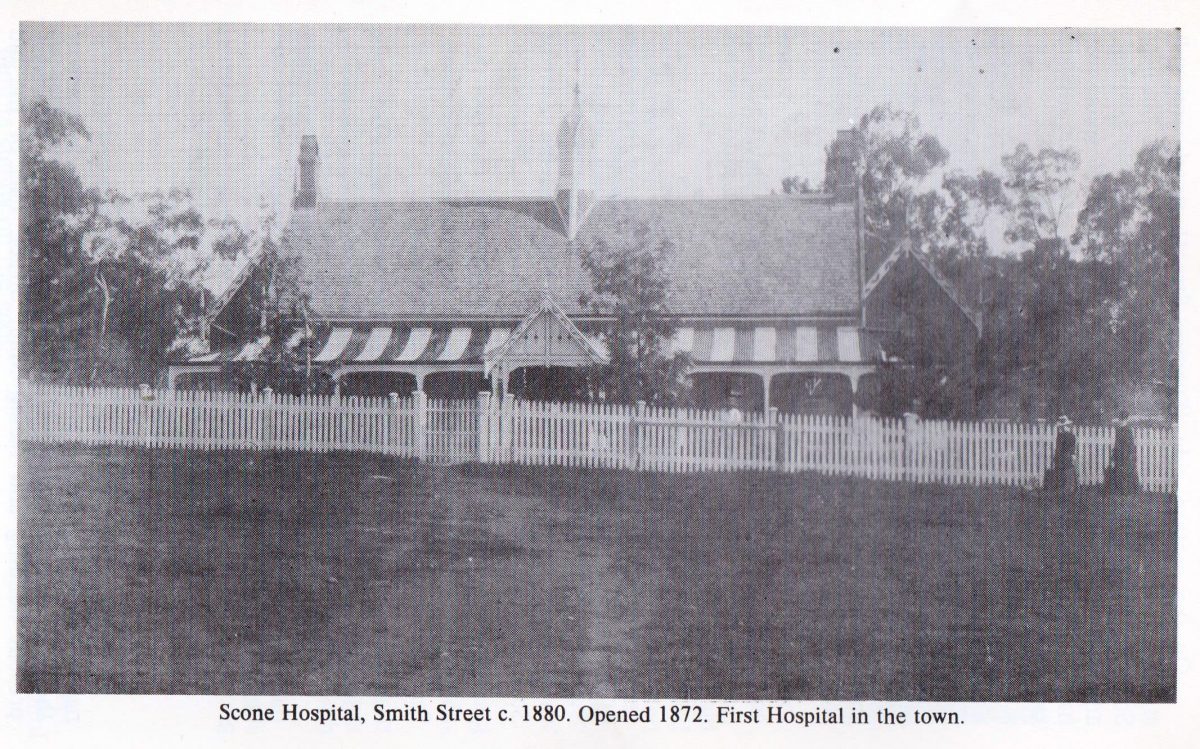SPANISH FLU’ PANDEMIC SCONE 1919 v. COVID-19 2020
Acknowledge: Scone & Upper Hunter Historical Society Newsletter; Volume 8. No 2 June 2020
Prologue:
See: https://en.wikipedia.org/wiki/Spanish_flu
The Spanish flu, also known as the 1918 flu pandemic, was an unusually deadly influenza pandemic caused by the H1N1 influenza A virus. Lasting from February 1918 to April 1920, it infected 500 million people–about a third of the world’s population at the time–in four successive waves. The death toll is typically estimated to have been somewhere between 17 million and 50 million, making it one of the deadliest pandemics in human history.
Featured Image: Scott Memorial Hospital Opened 1913 (‘The Way We Were’; Federation Publication No 4; By Anne McMullin, Kath Farrell & Audrey Entwisle; Scone & Upper Hunter Historical Society 2002).
Well the worldwide COVID19 pandemic has sent journalists, statisticians and so on to consult the history books and records to do some comparisons on how the COVID19 pandemic measures up to the Flu‟ Pandemic of 1919. So we thought that we should do some local research and do our own comparison with Scone & District 1919 v. Scone & District 2020.
According to the NSW Department Health website, the Upper Hunter Shire Council has had only one case of COVID19 and no deaths. Compare this with the following, which is from only one issue of The Scone Advocate in 1919, Friday 11th July:
‘THE EPIDEMIC’: No Abatement Yet
It cannot, we regret to have to report, be said that there is any abatement in the influenza epidemic locally, as a large number of cases are still being treated in the Hospitals and in patient’s own homes. Many, including Mayor Sherwood and Mr H W O’Neile are convalescing; but on the other hand, there are many new cases. Since last issue [the previous Friday, 4th July], there have been two deaths, those of Mrs Forster and Mr W H Elliott, the latter, who was critically ill for the past couple of days, passing away shortly after 11 o’clock this morning.
The official report for the week states: number of patients admitted during the week, 13; number of convalescents discharged 5; deaths 4; patients still in Hospital, 22, of whom 5 are seriously ill and 2 dangerously so.
A bulletin issued this morning states: – Scott Memorial Hospital: All going well; Matron (who was taken ill) improving; Nurse Moore, from Sydney, now in charge. Temporary (old) Hospital: W H Elliott (Scone) died this morning. Dangerously ill: C Cavanough (Scone). J March (Aberdeen), Mrs Michael Quinn (Owen‟s Gap). Seriously ill: H P Stephens (Scone), Mrs W Robb (Aberdeen). Improving; Mrs C Robb, Mrs Fuller and Mrs Silver (Scone). The rest of the patients are described as ill. The new patients are: Mrs Trinder (Owen’s Gap) and Mrs Jamieson (Aberdeen).
At the general (new) Hospital…Mrs Ferris and Mrs Tennant (of the Golden Fleece) have been giving their services in the kitchen for nearly a fortnight and have been splendid and much appreciated. Miss Muriel Williams and the Misses Towns (2) have also joined the voluntary aids staff, and giving good help. Miss Cobb of Ellerston came to give a hand, but unfortunately after a couple of days contracted the complaint herself. Early next week it is hoped that some of the permanent nurses will be able to resume duty and thus greatly relieve the situation. At the temporary Hospital [old Smith Street Hospital?) there are now three certificated nurses namely, Nurse Greenhalgh (in charge), and Nurses Brown and Constable. The Misses Towns are dividing their work between the two Hospitals. Miss Clara Bell has also joined the band at the Influenza Hospital [old Smith Street Hospital?]
In reference to work being done by voluntary aids, especially those helping in the kitchen, it has been suggested to us that ladies in the town might afford much relief by arranging to do it in turn, say, some one day, some another; or some in the morning and others in the afternoon, instead of the same workers having to do it all through.
At the weekly produce sale on Wednesday last, Mr Rowland made an appeal for donations, pointing out the demands being made on the Hospital with 50 patients all told, and a large staff, was making a serious drain on resources. The appeal was not in vain, several of the farmers at once donating produce, and others purchasing and then donating same to the institution, with the result that sufficient vegetables, etc., were donated to last a week; this in addition to the regular donations which the Red Cross folk are receiving and distributing.
A couple of the lady members of the Red Cross thoughtfully provided the midday meal for patients and staff at the Influenza Hospital on Sunday last. An act which was much appreciated. There continue to be a noticeable decrease in the number of cases in the city [Scone!], but not so in various country centres.
At Aberdeen
A correspondent writes: “The township is reeking with the disease. There are four cases of pneumonic; Mrs Hardy dying of the complaint in a few hours. Ninety per cent of the homes have the disease in them. The Rev. T Goy is down with it and cannot do any duty for some days to come. Arrangements have been made to convert the School of Arts into a hospital when required. The AC and F Co are nearly depleted of all hands. Apt Manager Mr R C McAdam rolled up his sleeves and at 5am on Friday cut up the joints for the country districts so that the Sunday table in many districts should not go without their „want‟. Ladies are going from home to home early and late, attending to stricken families. We hope the plague may soon decline and normal conditions once more prevail.‟ (The Scone Advocate July 11, 1919)
Schools Closed
In the same issue of The Scone Advocate, there is an items that reports “…the schools remain closed. We understand that the Department has decided that the schools of Scone and District are to remain closed during next week owing to the influenza epidemic.”
However the Peace Medals [commemorating the end of World War I], were to be presented to students who were “…under the age of 16 on 11th November, 1918” on “…Friday morning next at half past nine whether the school is open or not… „
PAST MEMBERS REMINISCE
Looking back through some of the Society’s Newsletters from the 1990s we came across two of our past members relating what they could remember of the 1919 Influenza pandemic.
In June, 1995 Newsletter, John Smith reported that:
„During the bad influenza outbreak in Scone before 1920 there were a large number of deaths from this illness, so many in fact, and because of the highly infectious nature of this „flu people avoided attending funerals and the local undertaker, William Cooper Senior, had difficulty in obtaining the services of pallbearers. A small group of townsmen volunteered their services for this task despite the risk to their own health and amongst them was Aub Dobson. From memory, others involved included my father („Tod‟ Smith), A J (Lex) Dodd, Cecil Morris (possibly an auctioneer or stock and station agent), Arch Campbell, who lived with his family in Guernsey Street close to White Park, and another I believe was Percy Fortescue, who worked in the garage business which later became Campbell’s Garages. There could have been others as well. It was practice of these volunteers to meet at Mrs Moylan’s Willow Tree Hotel after the funeral where the first drink was always on the house as a token of appreciation of the service the group was doing in the interests of the town.‟
In September, 1995 Newsletter, Joan Crommelin gave her memories:
„…I think I was about ten years of age when this ‘flu outbreak hit the town of Scone. My memories include that of the schools being closed for a certain period of time, and also the mass inoculation taking place in Campbell’s Chambers, Liverpool Street, against the awful disease. My father took the children of our family there to be done. I remember a doctor being in attendance there to do the inoculations and that he had the assistance of members of the local Red Cross who were rolling up the sleeves and dabbing patches of iodine on the arms of the many waiting people in readiness for the jab of the doctor’s needle.
„My Aunt Emma (Mrs Frank Thrift) was one of those ladies and later, sadly, she herself fell victim to the disease which resulted in her death. „I remember that members of the Red Cross made huge amounts of soup and it was delivered by local Boy Scouts to the homes of people who had been stricken by the ‘flu. The Scouts were warned against entering these homes and were instructed to leave the billy cans of soup on the front verandas. I recall seeing my brother, Stuart, on one of these rounds, riding my father’s push bike and a billy can of soup hanging on one of the handlebars of the bike.
„The visit of this pneumonic influenza to the town resulted in many deaths of Scone residents and it was a time of much sadness in the town.‟
